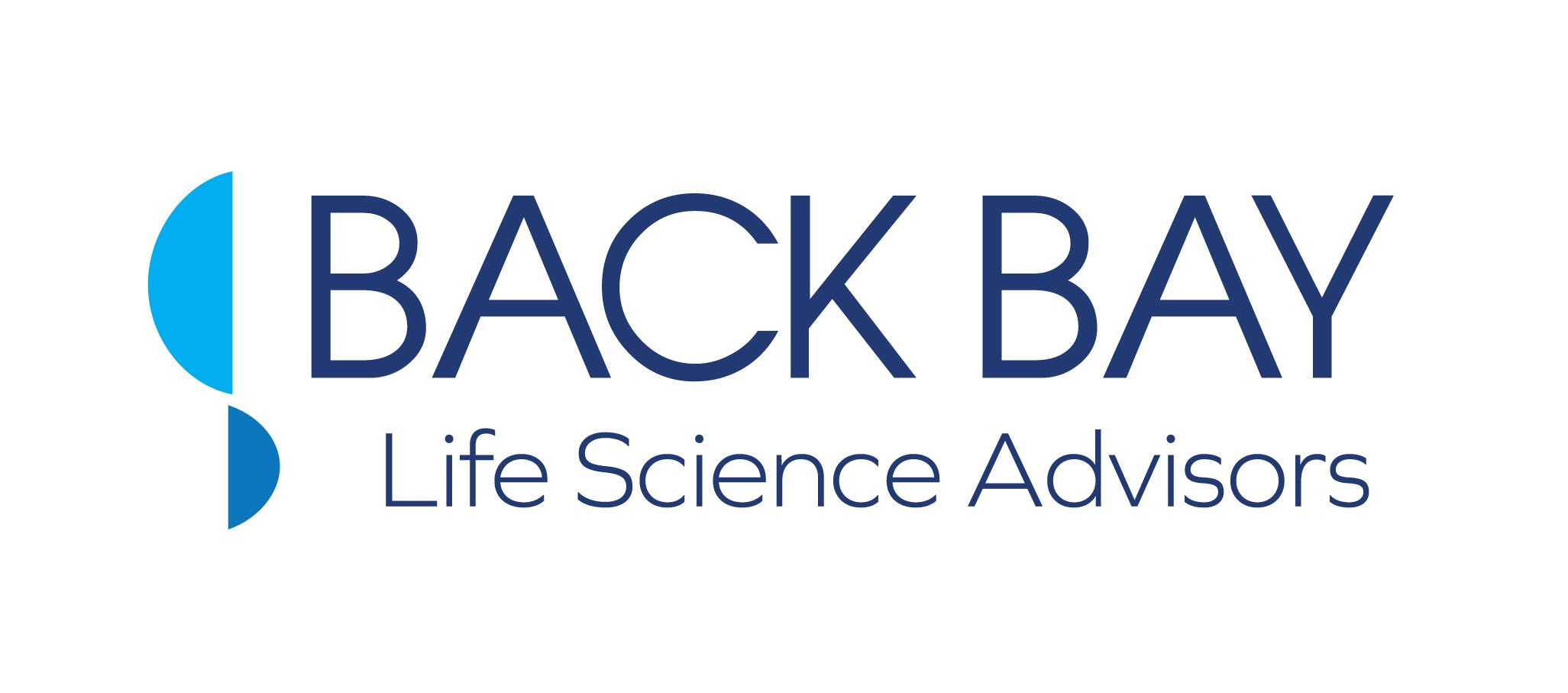A Paradigm Shift in Medical Technology
With Greg Benning, Kyle Mak and Jonathan Gertler
Greater efficacy in care delivery. Information flow that can expand and broaden point of care. Access to data that can diminish late diagnosis to better predict outcomes and prognosis and optimize care for patients. Healthtech digital solutions promise so much for patient care that medtech companies are facing unprecedented pressure to understand and invest in digital health and stay ahead of the curve.
Traditionally focused on interventional, surgical and adjacent technologies, medtech companies are increasingly looking to healthtech to meet the needs of the global market.
With the promise of extending the continuum of care growing and care delivery becoming omnipresent in a range of settings from home to hospital, demand increases, valuations rise and the investment hold period shortens as the time to exit diminishes.
Another changing dynamic in the financing/exit paradigm is the presence of empowered companies in the middle market, which creates greater competition and greater M&A flexibility for earlier stage companies than the traditional large consolidators.
Middle-market healthtech players have been deploying their financial strength to acquire platform technology companies that can then accelerate the development of algorithms and data sets or render their novel sensing technologies widely applicable.
It is critical for platform companies, whether tech, medtech or biotech, to remain focused on product delivery. Still, if focused, the plethora of potential applications will continue to transform medicine and healthcare delivery.
Newly empowered, financially secure middle-market players and global technology companies at the crossroads of technology and healthcare are acquiring and integrating platform companies at ever earlier stages. This forces large medtech consolidators to broaden their strategic view and business development scope to capture platform technologies early and mold them to their long-term utility. This is in contrast to their traditional approach of investing once companies have evolved to a finished, focused product with much higher valuations.
A recent example of this tidal change is Glooko's acquisition of xbird, a digital health company focused on diabetes management. Traditional medical technology stalwarts could have used xbird's technology to extend patient care beyond the hospital, an expansion challenge for many device companies, and a need exacerbated by the pandemic's decentralization of healthcare.
In light of Glooko's acquisition of xbird, the platform is removed from the post-surgical and other remote monitoring applications. The move may in turn position Glooko as a platform-focused acquisition target that will result in a valuation multiple more than the original target cost.
It is a playbook well remembered regardless of what sector an organization is in: using the middle market to enable greater value creation in the lead-up to going public and then acquiring the company at a premium or, alternatively, creating a strong stand-alone diversified company.
Back Bay Life Science Advisors understands this as an intriguing inflection point in medtech, as digital health and remote monitoring become more integral parts of all medical and health technology aspects.
Driven by some of the same dynamics that biotech has experienced in the past decade, it is a powerful reminder that companies need platforms for sizzle, products for steak and focus on indications and applications to prove, replicate and scale.
We expect valuations for healthtech middle-market companies to significantly rise as they differentiate, while exit timelines for platform technology companies are expected to shorten as they integrate rapidly.
When medtech approaches this new frontier, companies will have to decide if, when and how to invest and innovate or sit on the sidelines and watch as other industries grow.
With healthtech undergoing rapid change, anticipating how it will affect patient care, healthcare delivery and, thus, how medtech companies grow is a core strategic need for the foreseeable future.

